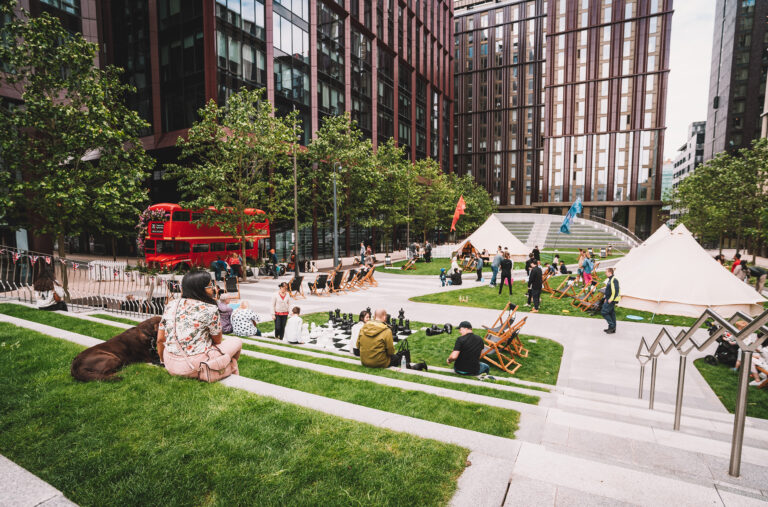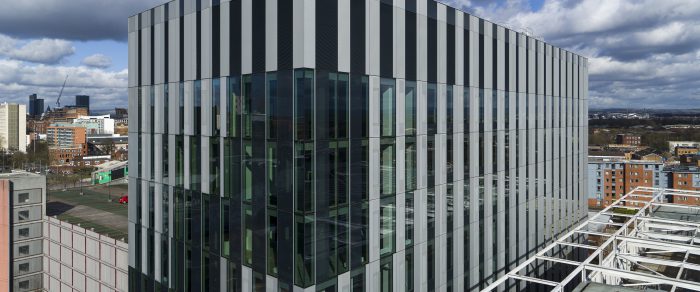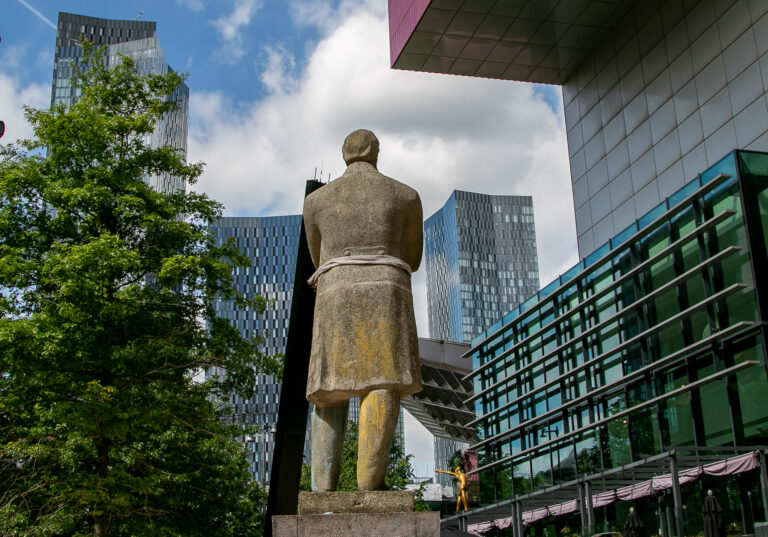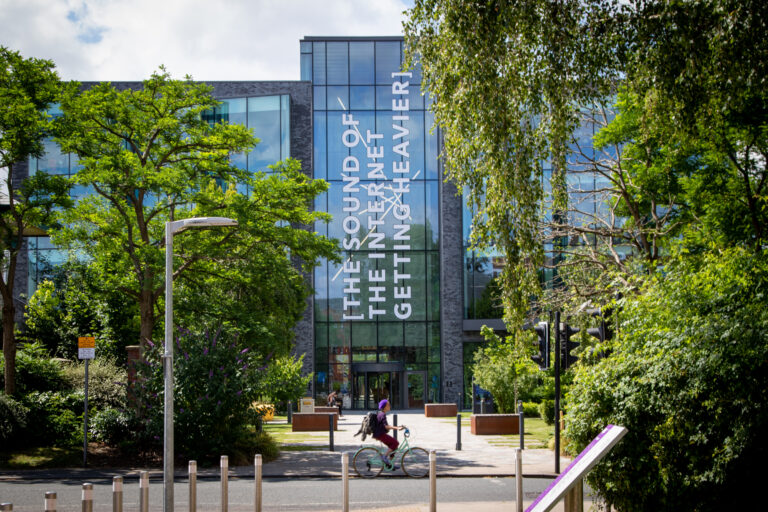
Circle Square is an exciting multi-million pound, mixed-use neighbourhood, created on the site of the former BBC building on Oxford Road.


The Business Secretary has announced a £95 million boost to develop the super-materials of the future, supporting research and innovation in advanced materials at the Henry Royce Institute, headquartered here on the Oxford Road Corridor.
Professor Dame Nancy Rothwell, University of Manchester President and Vice-Chancellor
I am delighted that the fantastic work of the Royce in this sector has been recognised by this major award from EPSRC, further reinforcing Manchester’s place at the epicentre of this revolutionary area of research and development.
The funding emphasises the strong belief that R&D investment is an important way in which to turbocharge UK economic growth, as well as celebrating Manchester’s position as an industrial powerhouse in the north of England.
The significant cash injection, awarded via the Engineering and Physical Sciences Research Council (EPSRC), cements the UK’s position as a world leader in advanced materials and follows an initial £258 million government investment made over 5 years.
Advanced materials (including biomaterials, smart materials and nano-engineered materials) possess unique properties enabling superior performance to their traditional counterparts and are critical in a wide range of industries including health, transport, energy, electronics and utilities.
Activities supported by Royce and backed by government funding, have included 3D bioprinting for healthcare uses such as tissue engineering in regenerative medicine, turning waste materials into sustainable plastics, and new materials to enable quantum technologies.
One project also brought together academia and industry to advance knowledge of how Zirconium alloy insulation can improve the safety and cost-efficiency of highly radioactive fuel used in nuclear reactors as well as reduce their carbon emissions.
Another project is revolutionising the way the UK’s 35,000 tonnes of annually imported titanium, 90% of which is turned into waste during manufacturing, can be reused to create lightweight alloys used for more efficient vehicles, cutting waste and reducing emissions.
The funding will advance the Institute’s work to support early-stage research in these materials by providing financial backing, access to research facilities, and opportunities for collaboration between businesses and researchers.
Advanced Materials and Manufacturing were identified in the government’s Innovation Strategy as 1 of 7 technology families in which the UK has globally competitive R&D and industrial strength.
EPSRC Executive Chair Professor Dame Lynn Gladden said:
‘Advanced materials are crucial to driving growth across our key industries, from energy and transport to health, and ensuring they are sustainable for the future.’
‘This funding will build on the success of the Henry Royce Institute so far, to unleash the potential of this transformative technology for the benefit of the economy and the environment.’
Professor David Knowles, Royce CEO said: ‘Royce and its Partners across the UK, along with the advanced materials community, is very pleased to be able to confirm this Phase ll EPSRC funding. Innovation in advanced materials underpins a wider range of our industrial sectors and is fundamental to our economic growth. Our Partnership offers a unique combination of materials science expertise, state-of-the-art laboratories and fantastic collaboration spaces for the advanced materials community.
As we enter our Phase ll operations we are focused now, more than ever, on working with the community to identify the key challenges and opportunities ahead of us, and supporting the translation of innovative research into the viable products and systems needed to ensure a sustainable future for us all.’
Read more on the Henry Royce website

Circle Square is an exciting multi-million pound, mixed-use neighbourhood, created on the site of the former BBC building on Oxford Road.

First Street is a vibrant neighbourhood between Oxford Road and Deansgate, it is home to a number of businesses and is a popular spot for food, drink and culture.

The Enterprise Zone plays a key role in attracting life sciences, health innovation, med tech, ICT, and advanced materials sectors to Manchester.